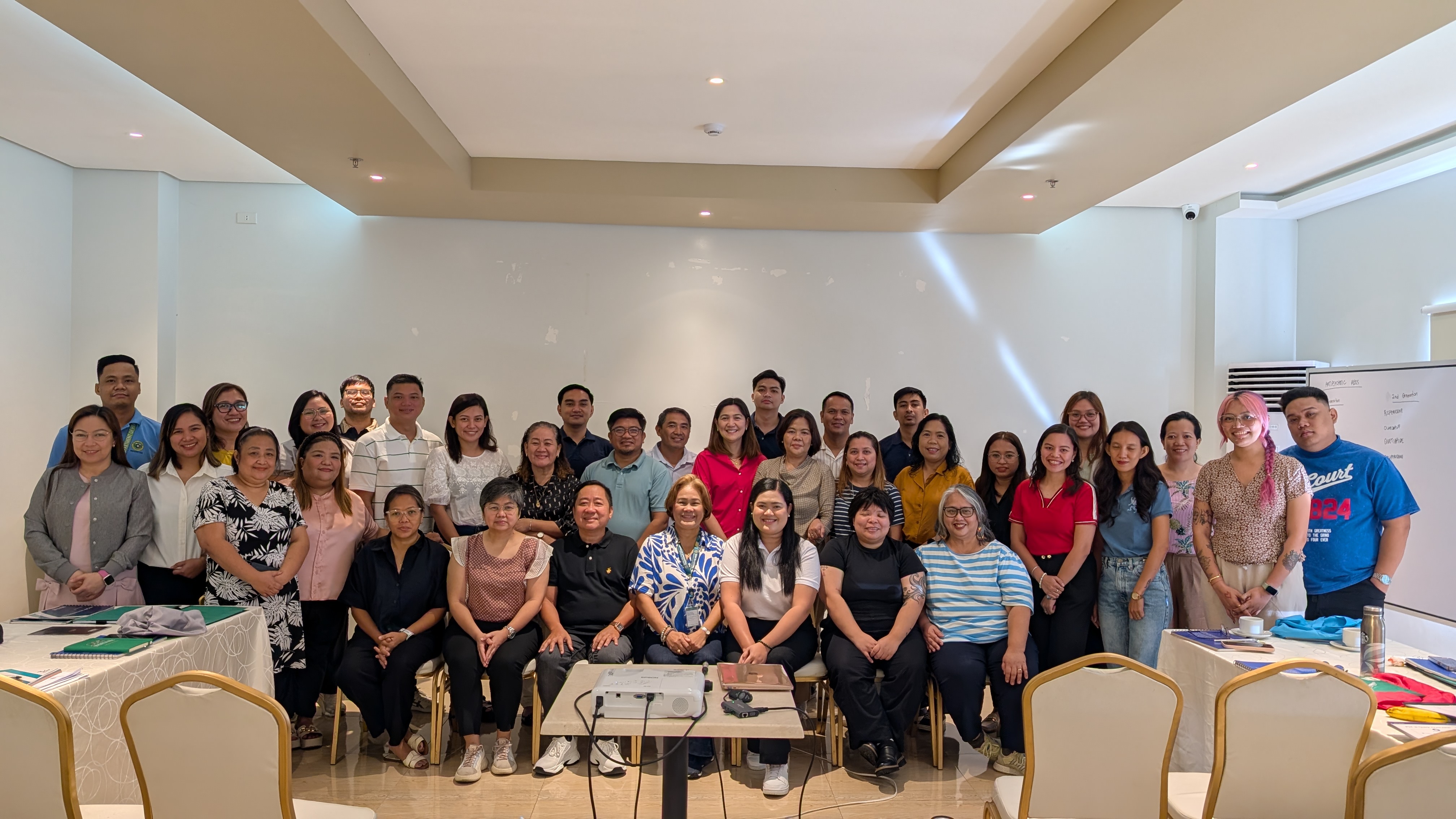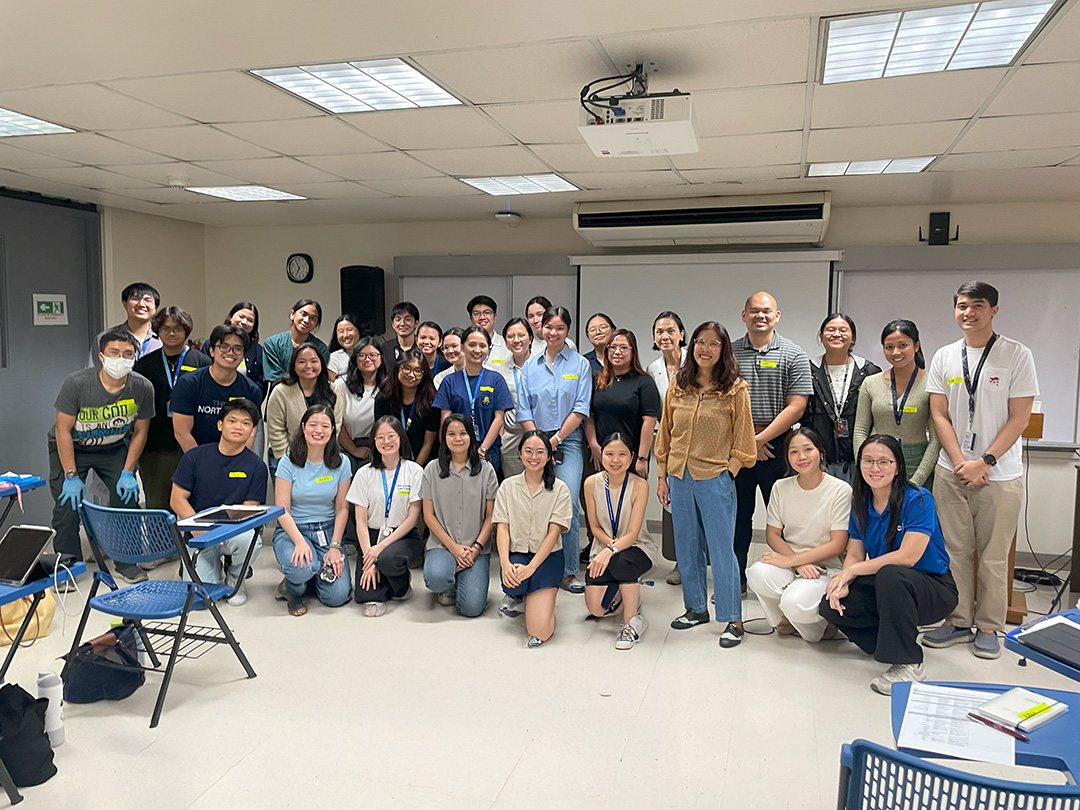
Developmental profile of Filipino children born during the SARS-COV-2 pandemic: pilot study
The Philippines experienced one of the longest lockdown periods during the COVID-19 pandemic. Many concerns rang through the hearts of the Filipino people, one of which was the development of children who were born and raised in the limited confines of their homes.
This study aimed to provide a developmental profile of 18–25 month-old children, as well as identify factors associated with their development. This pilot study was conducted in daycare centers in Cainta, Rizal, Philippines. Children were screened using the Early Childhood Care and Development (ECCD) Checklist while parents were interviewed about demographic and social factors.
Key Findings
- Children scored within the average developmental range despite the pandemic’s challenges.
- Girls showed higher overall developmental scores than boys, particularly in language and cognitive domains.
- Children with mothers who completed high school had higher developmental scores, highlighting the importance of maternal education.
- Larger households were linked to better self-help and social-emotional skills, suggesting that extended family support during lockdowns played a protective role.
There were both protective and hindering factors associated with the children’s early development. However, despite the restrictions and challenges faced by the families, most children performed within the average range of scores expected in their age groups.
You may find the full details and results of this study on Frontiers in Public Health.
-

Strengthening Community Mental Health: mhGAP Training in Albay
From July 2 to 4, 2025, frontline health workers in Albay completed intensive mhGAP training under the Ka-ginhawa Project, a partnership initiative supported by the Australian Government, CBM Global Disability Inclusion, and the Balik Kalipay Center for Psychosocial Response. The three-day program equipped local providers with essential skills to assess and manage mental health conditions while strengthening referral networks across the province.
-

ACRI Conducts Nutrition Focused Physical Examination Training to Advance Autism Research
ACRI conducted Nutrition Focused Physical Examination Training on June 18, 2025, as part of an autism research project comparing children with ASD to their peers. Led by Dr. Maria Christina Kristin S. Reyes, the training equipped researchers and student assistants with hands-on skills to conduct NFPE with children aged 5-9. The peer practicum component built clinical team capacity to accurately administer assessments for the research protocol.
